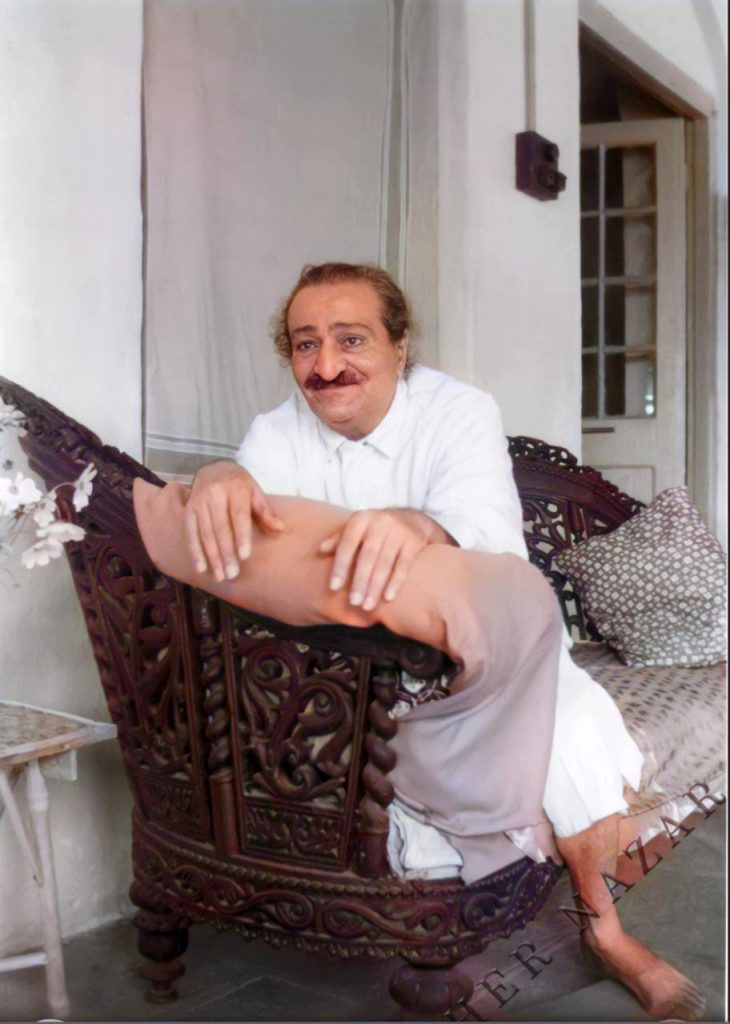
Meher Baba wants us to have absolute honesty in our life. But now, if I were to be most honest at this moment, I would lie down and go to sleep. Honesty demands that I blurt out that I would like to go to sleep. But then there is also duty, and in the execution of my duty, honesty demands that I stay awake. Which honesty should we follow? Should we be honest to ourselves, or honest to the demands of duty?
I am reminded of a lawyer, a disciple of Baba’s. He came to Baba very distressed. Baba had been emphasizing at this time that the only thing that God cannot forgive is hypocrisy, and the lawyer was stunned with shock. He said to Baba, “I am absolutely dishonest. In the course of my vocation I tell so many lies. I know many of my clients are scoundrels, but I have to endeavor to protect them and so I tell lies. Baba, should I give up my work?”
Baba gestured to him, “To follow me, you have not to give up anything. Begin to remember me from where you are, from what you are and how you are, because I cannot be excluded from any area, any vocation, anything. If there is such a thing as hell for barristers, then you will find me there. So continue with your vocation. Defend your clients, do your duty and see that your clients gain victory. You have taken their brief and you must honor your pledge to them. If you shirk this responsibility then you are being dishonest.”
But, of course, a lawyer does not have to take a brief. If he feels a potential client is guilty he does not have to take him, he can simply refuse to take the case. And even once a lawyer accepts a case, he does not have to lie, but he does have to do his best to defend his client. That is what Baba was bringing home to the lawyer, that he has certain duties and responsibilities to those he chooses to defend.
IS THAT SO?, Eruch Jessawala, p. 94-95, ed. Bill Le Page